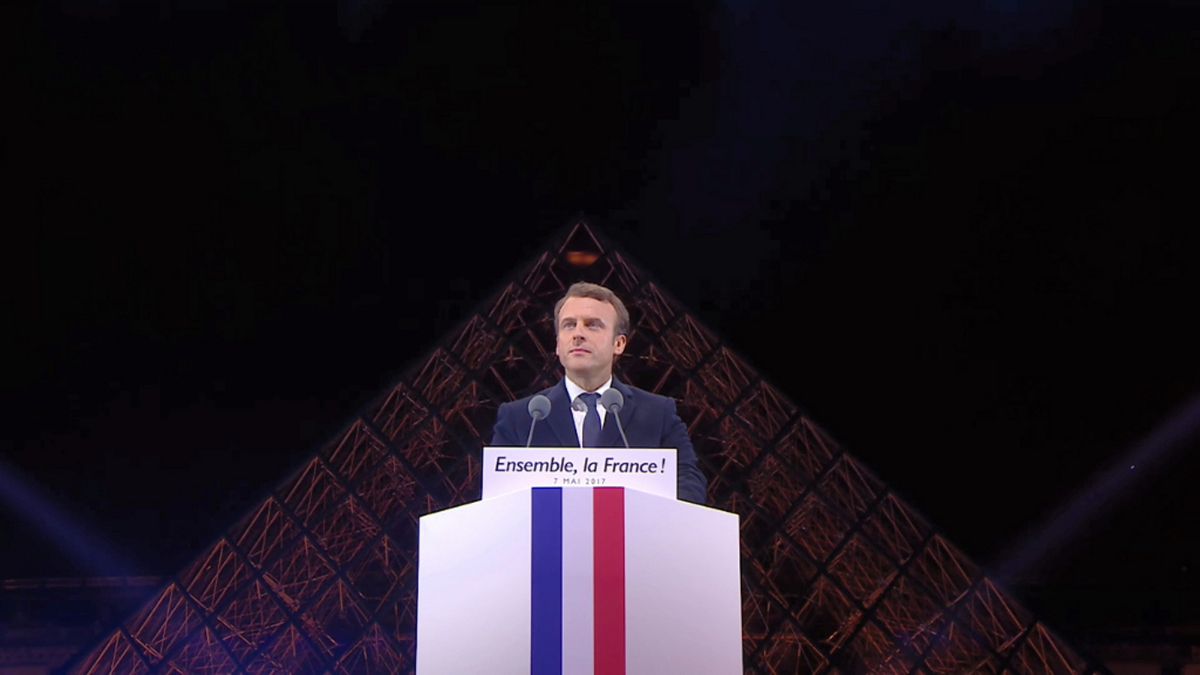New EU rules for cybersecurity in new cars are thinning out the model range this year. In order to save having to upgrade older models, several manufacturers are thinning out their range.
The small car Up from VW is affected as well as the Transporter T6.1 and the Porsche combustion engines Macan, Cayman and Boxster: Due to stricter EU rules for cyber security in cars, which apply from July, some of them are disappearing from the market without a direct successor. Most of them can no longer be ordered.
“All Up have already been produced for the German market and delivered to retailers,” explains a VW spokeswoman. In other EU countries, however, delivery of the last vehicles will continue until the middle of the year. Then it ends there too. The popular small car has not been produced since November. VW Commercial Vehicles in Hanover also say: “The T6.1 can no longer be ordered.” Production is still ongoing there. But all vehicles that can be built by the end of June have long since had a buyer, says a spokeswoman. “We’re completely sold out.”
Grace period for mobile homes only
Reason for the tough cut: In order to avoid the new cybersecurity rules that apply from July 7th, the cars must not only be produced and delivered by the deadline, but also registered. This means that there is no leeway at all, they say in Hanover. Only the camper version T6.1 California still has the last order options. Because the new rules only apply to mobile homes from September 1st.
The fact that this mainly affects older models such as the Up, which has been built since 2011, or the T6.1, which is based on the T5 from 2003, is due to the great effort that manufacturers would have to make to make the cars fit for the new regulations. “Otherwise we would have to integrate a completely new electronic architecture,” says VW brand boss Thomas Schäfer. “That would simply be too expensive.” It was therefore decided to discontinue the popular Up small car without a direct successor. “Unfortunately,” as Schäfer adds. Because the entry-level model is still in demand.
Retrofitting would cost millions
In fact, the effort that manufacturers have to make is enormous, says Stefan Bratzel from the Center of Automotive Management (CAM) in Bergisch Gladbach. The costs per vehicle would be in the millions. The stricter rules have been in effect for newly developed models since mid-2022; for old models there was a two-year grace period, which is now expiring. Manufacturers must then prove that there was a certified management system to protect against hacker attacks when the vehicles were developed, not only at the manufacturer itself, but also at suppliers. According to the car expert, this is difficult to do later, especially with very old models. Manufacturers would therefore rather save themselves this effort.
Volkswagen Commercial Vehicles (VWN) says goodbye to the T6.1 with a heavy heart, which was until recently the brand’s best-selling model. “We could certainly have sold the car for another ten years,” says brand boss Carsten Intra. But with the new EU rules this is not possible. Unlike the Up, there should at least be a successor here, but not seamlessly and no longer from Hanover: The new transporter, which VWN developed together with Ford and is also having built there, will not be unveiled until September.
Porsche only builds combustion engine Macan for export
At Porsche, the order books for the combustion engine versions of the Macan, Boxster and Cayman are also closed. The models will continue to be produced in Leipzig and Osnabrück – but only for export. In Germany, the Macan will only be available in the new all-electric generation that has just been introduced. Porsche in Germany had to abandon its plan to offer both in parallel for a while after the launch of the electric Macan was delayed for two years due to software problems. Fully electric successors to the Boxster and Cayman will also be launched in 2025.
Other manufacturers are also removing old models from their range shortly before the deadline: Audi phased out the TT sports coupe at the end of 2023 and closed the order books for the R8 sports car. At the end of March, Mercedes-Benz will stop producing the old two-seater Smart EQ Fortwo, which had previously remained in the range alongside the successor Smart #1. Renault says goodbye to electric veteran Zoe. But all three assure us that this has nothing to do with the new cybersecurity rules. The models have simply reached the end of their life cycle. However, an Audi spokesman adds that the last R8 will be delivered in mid-June so that it can be registered before the July deadline. The model would not have had a future anyway.
Source: Stern




